Hero Pleasure Variator Belt Genuine Scooter Belts
The pack consists of 1 variator belt or CVT belt.
Product Description
| Brand | Rolon Genuine Parts |
| Color | Black |
| Belt Type | Cogged V Belt |
| Belt Face | Single Side |
| Material | Synthetic Cables, Neoperene, Kevlar, Fiber Reinforced Rubber |
About this product
The fan variator belt (sometimes called a CVT belt) in a scooter plays a crucial role in the scooter’s Continuously Variable Transmission (CVT) system. It’s a key part of the mechanism that helps to transfer power from the engine to the wheels. Here’s an overview of how it works:
Function of the Fan Variator Belt:
- Power Transfer: The variator belt connects the variator (a pulley system that adjusts gear ratios) to the driven pulley (which connects to the wheel). The belt adjusts its position on the pulleys to change the gear ratio continuously, depending on the speed and load on the scooter.
- Speed and Acceleration: The variator system automatically adjusts the tension and position of the belt as the scooter accelerates or decelerates. At low speeds, the belt sits in a lower gear (closer to the center of the variator), providing torque for acceleration. As the scooter speeds up, the belt moves toward the outer part of the variator pulleys, increasing the gear ratio for higher speeds.
- Fan Role: The “fan” part of the term typically refers to the cooling fan, which helps keep the CVT and the belt cool. CVT belts can get hot from constant friction, and the fan helps dissipate that heat to prevent overheating and potential belt failure.
Key Aspects of the Fan Variator Belt:
- Material: CVT belts are usually made of durable rubber with reinforced fibers (such as Kevlar or carbon) to handle the stress of high speeds, heat, and tension.
- Maintenance: Over time, the belt may wear out due to heat, friction, and use. A worn-out or damaged variator belt can cause poor performance, slipping, or even complete failure. Regular inspection and timely replacement are important.
- Signs of a Bad Belt: Some signs that the variator belt may need replacing include:
- Slipping or jerking when accelerating
- Loss of power or hesitation in acceleration
- Unusual noise from the CVT area
- Decreased top speed or slow acceleration
Replacing the Variator Belt:
Replacing a variator belt requires disassembling the CVT cover and removing the variator assembly. It’s important to use a high-quality replacement belt that matches the specifications of your scooter model.
About the brand


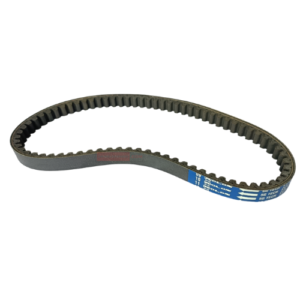

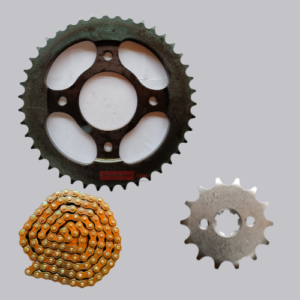
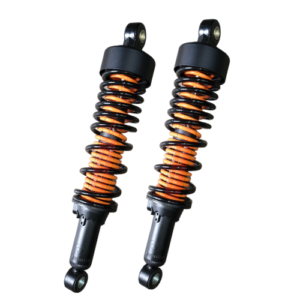
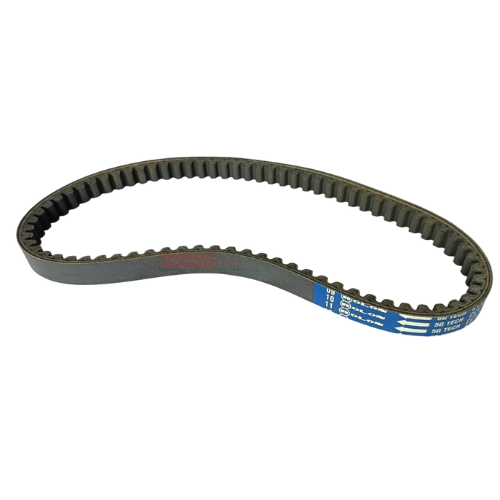
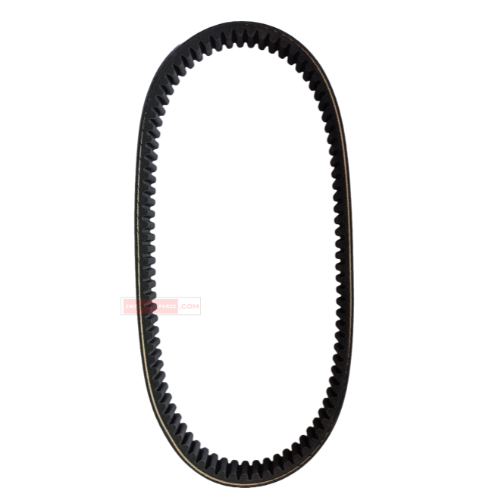

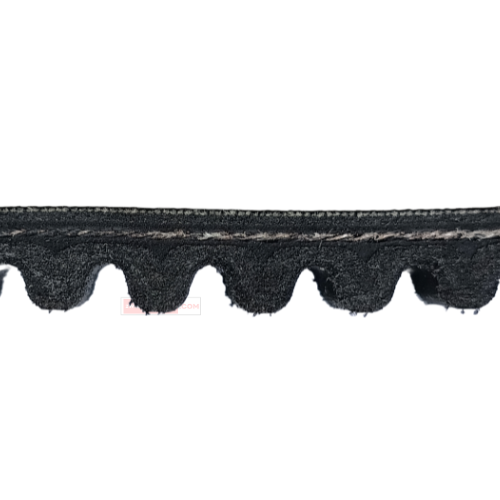
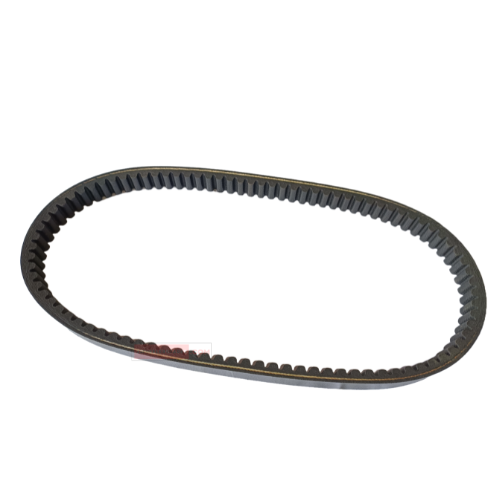
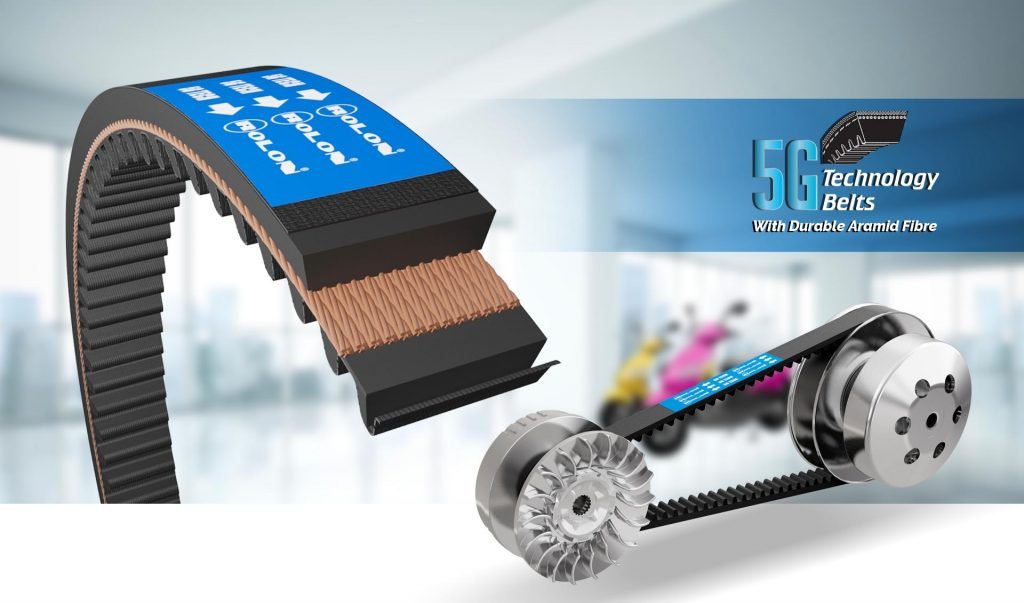
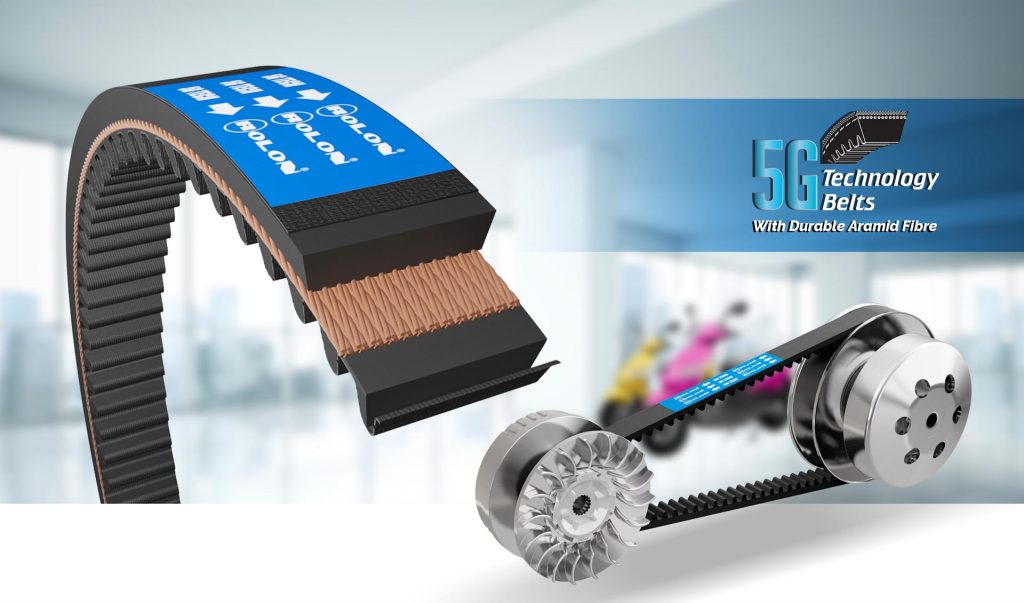
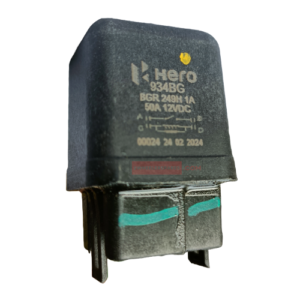
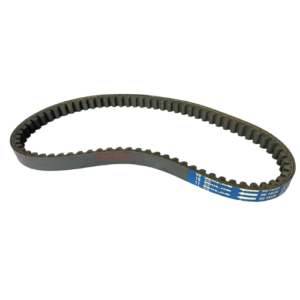
Reviews
There are no reviews yet.